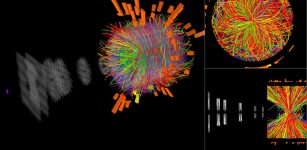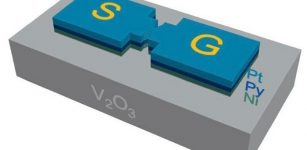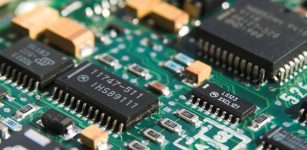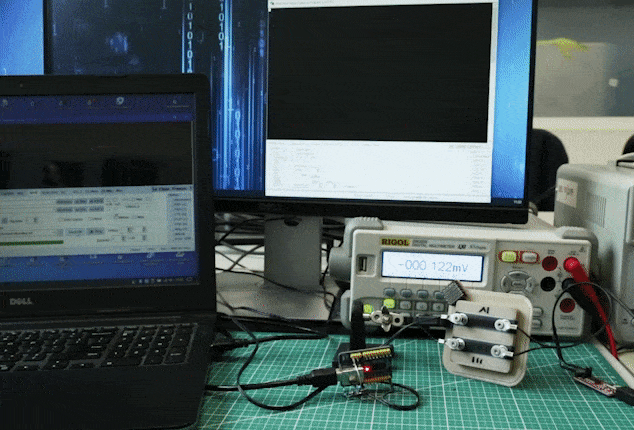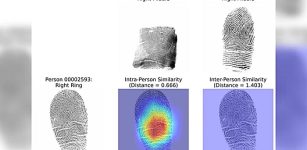Computers Will Identify You By Your Thoughts
MessageToEagle.com – In the future you will only need to think your password, instead of typing your password, according to researchers at the UC Berkeley School of Information.
Their new study explores the possibility of brainwave-based computer authentication as a substitute for passwords.
Since the 1980s, computer scientists have proposed the use of biometrics for computer authentication. Systems requiring fingerprint scans, retina scans, or facial or voice recognition are far more secure than passwords, since fingerprints are hard to forget and harder to steal.
Such systems, however, are slow, intrusive, and expensive. In recent years, security researchers have proposed using electroencephalograms (EEGs), or brainwave measurements, for computer authentication, replacing passwords with “pass-thoughts,” and focused their attention on the so-called NeuroSky Mindset.
NeuroSky Mindset connects to a computer wirelessly using Bluetooth and can be purchased for approximately $100.
New consumer-grade headsets, on the other hand, use just a single dry-contact sensor resting against the user’s forehead, providing a single-channel EEG signal from the brain’s left frontal lobe.
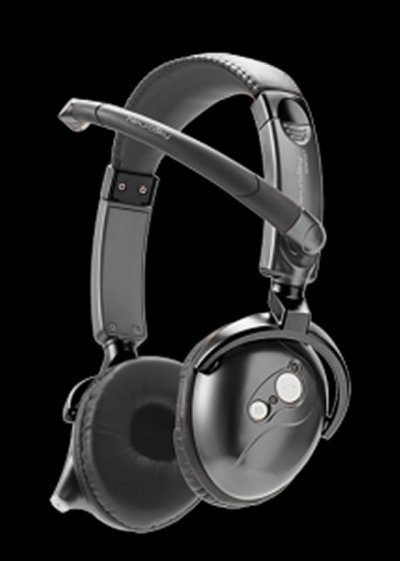
“Other than the EEG sensor, the headset is indistinguishable from a conventional Bluetooth headset for use with mobile phones, music players, and other computing devices,” according to the researchers.
Will this new technology work for computer authentication? Is it secure, accurate, and reproducible enough to replace passwords? And more importantly, would people actually be willing to use it?
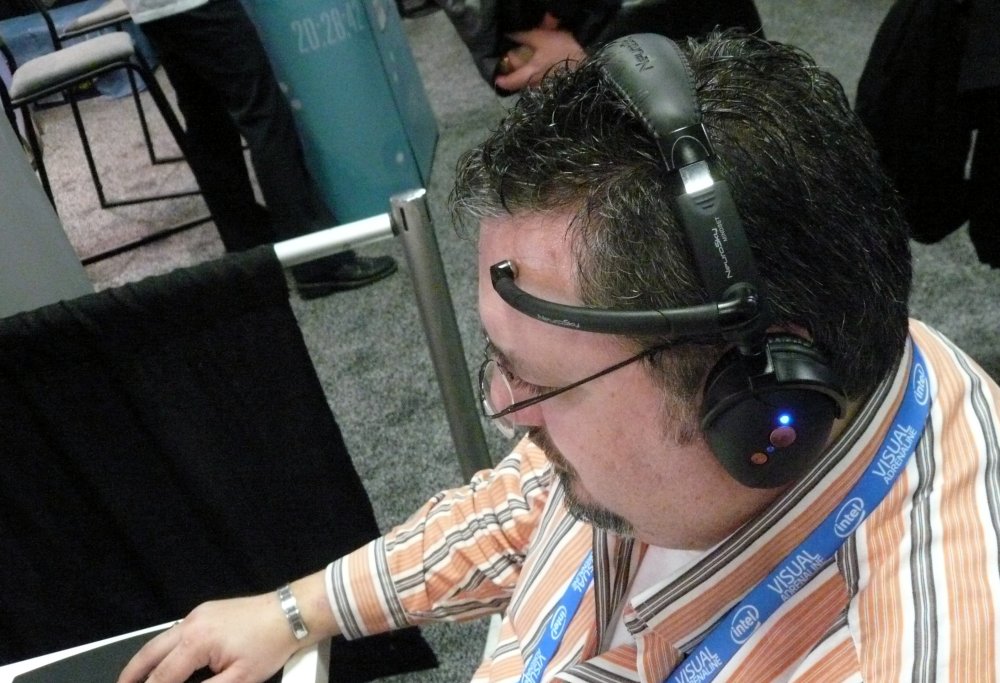
For authentication, the computer needs to be able to accurately and consistently distinguish your brainwave patterns from someone else’s.
But accuracy isn’t enough. If a system is a pain, people will refuse to use it, no matter how accurate it is.
The new generation of brainwave readers are much more user-friendly than before and now researchers must work to make them cheap, accessible and enjoyable to users.
MessageToEagle.com


